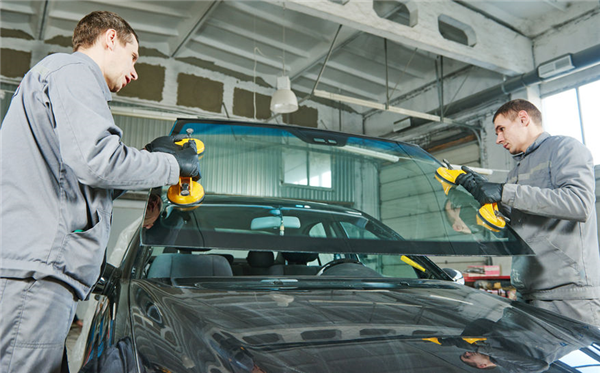Auto Repair Guide For Those On A Budget
Learning basic auto repair can help you in so many ways throughout your life. Besides saving money from taking it into a shop, you can teach others how to do the same. Read this article for ways to fix things that commonly break in different makes and models of cars.
You don't always need a mechanic when your car is having problems. There are a few things that could be fixed very easily. If you wish to take a shot at it yourself, get online and see if you're able to figure out what's going on. If it is not a very difficult job, you can save some money by doing the repairs yourself.
Ask your friends and family for advice on a trust worthy auto body shop. It can be very hard to find a shop that will not rip you off or produce poor quality work. Asking for advice can save you from a lot of wasted money and time trying to do it on your own.
Preventative maintenance is very important if you own a car. Do not hesitate to spend money on the tools you need to inspect and maintain your car or having a mechanic look at your car regularly. Maintaining your car regularly could help you save a lot on repairs or towing if your car breaks down.
Just like at the doctor, you can get a second opinion before agreeing to costly repairs. A reputable shop should not be padding the bill, but it does not hurt to see what another professional thinks about the situation. If you are still nervous, the dealer is always an option. It will be more expensive, but they tend to someone checking over their shoulder more often.
It is important to be aware of mechanics who make repairs that are not necessary. A good mechanic will never perform work without getting your full approval. If a mechanic tries to charge you for unneeded repairs, find another mechanic.
When performing your own car repairs, make sure you budget enough time to get the job done. It's easy to underestimate how long a repair job will take. You may encounter difficult to remove bolts or nuts, or find out a part is harder to remove than you anticipated. Giving yourself enough time to complete the repair safely will make the job much less stressful.
There are no standard warranties on repairs. Make sure you are aware of what your warranty covers and that you have it in writing. Warranties may have limitations such as deductibles, mileage, time, businesses authorized to do the warranty work or special steps needed to get reimbursement. Know your warranty rights.
Consider investing in a service contract. Getting a service contract is similar to insuring your vehicle; you will pay a monthly fee to keep your contract valid and the company that issues the contract will cover needed repairs. Choose your contract carefully and find a contract that covers things you will actually need.
Check a variety of sources of information before attempting an auto repair for the first time. Do a good online search, watch instructional videos and seek out books at your local library and take time to talk with an experienced mechanic before you dive in to try that repair. Once you feel comfortable with the concept, make a list of the things you need and the steps you will need to take to make the repair successfully.
You should always pay attention to the way your car smells. An unpleasant smell is usually caused by a leak or an electrical short. It is best not to drive your car and find a mechanic who can come inspect it to determine what is causing the strong smell.
Don't fall prey to believing someone who tells you there is a lifetime guarantee for auto parts. They may just be trying to jack your price up. There are some cars that proclaim a "lifetime guarantee" for their transmission fluid: this is a perfect example. While the transmission fluid will last quite a while, it won't last forever. It is best to change it at the 80,000 mile mark.
Keep an eye on your transmission. If it's performing poorly, it could be the actual component, a plugged filter, or a disconnected hose. Have your mechanic check the simple things first since repairing transmissions can be expensive. Common issues to watch out for are no response or a delayed response when shifting from neutral to drive or reverse, hard or abrupt shifts between the gears, failing to shift during acceleration, and slippage when accelerating.
Rather than running to the mechanic each time you hear a funny noise or your breaks start to slip, you can depend on yourself. The tips in this article should get you started with basic auto repair. Remember them the next time you're having issues with your car for any reason.

